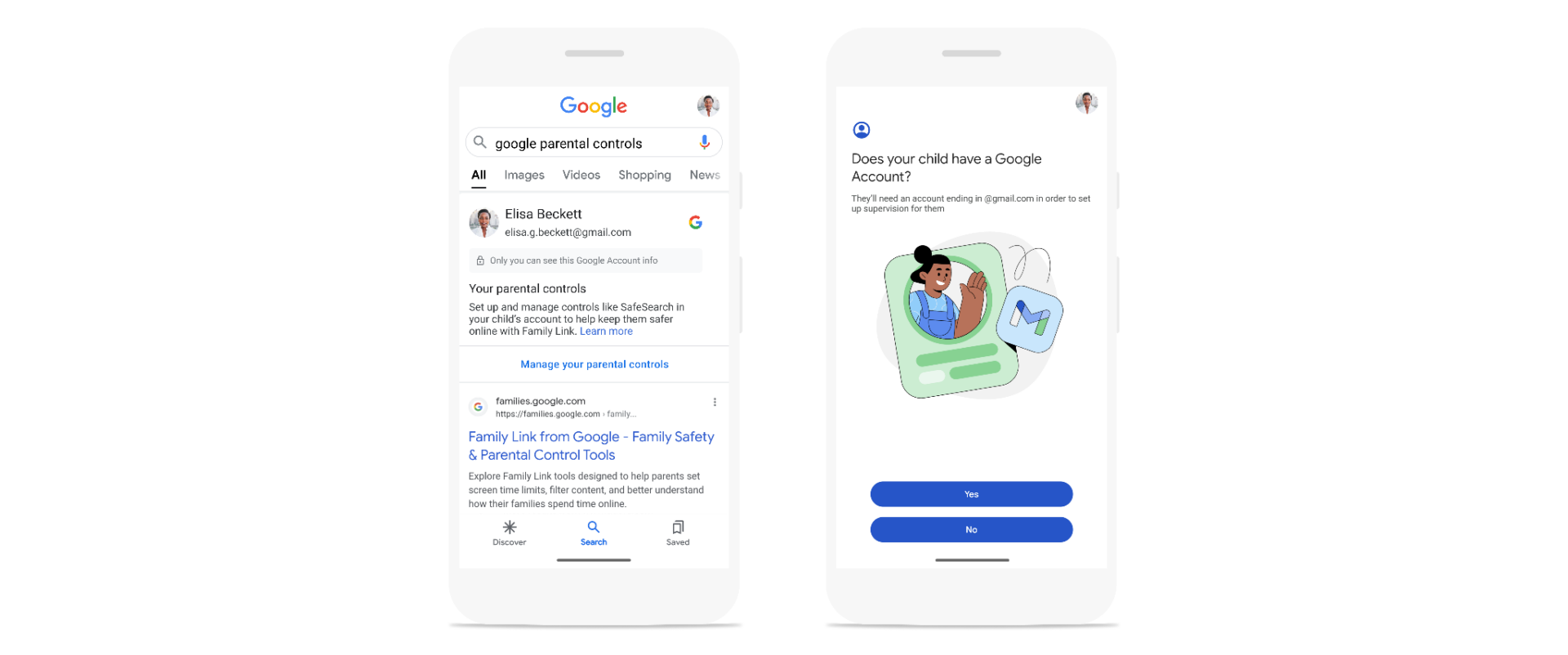- A new set of privacy and online safety upgrades has hit Google Search.
- Users will be able to more easily remove personal information and explicit images of themselves from Search, and now graphic content will automatically be blurred.
- Most of the features will roll oout globally, except for the removal of personal information which has only launched in the US so far.
Search giant Google said on Friday that it has launched a new set of tools aimed at increasing the privacy of users on the platform. Since Google Search is so enormous in its scope, anything that has been put online could ostensibly find its way to search results for anyone to access.
This of course includes personal information like names, addresses, and even phone numbers, as well as explicit images and videos.
There are three major improvements Google has made to search around privacy and online safety.
Remove unwanted results about you from Search
Google says it has upgraded its existing results about you function, which it launched last year. Now the tool makes it easier for users to request the removal of search results that contain their personal phone number, home address or email, right from the Google app or however they access Search.
“Now, we’ve significantly updated and improved the tool, helping you keep track of your personal contact information in Search and alerting you when we find it, so you can get it removed,” the firm said in a press release sent to Hypertext.
“In the coming days, we’ll be rolling out a new dashboard that will let you know if web results with your contact information are showing up on Search. Then, you can quickly request the removal of those results from Google — right in the tool. We’ll also notify you when new results from the web containing your contact info pop up in Search, to give you added peace of mind,” it added.
To access this upgrade tool in the Google app, just click on your Google account photo and select “Results about you.” This tool is sadly only available in the U.S. in English to start, with Google saying it is “working to bring it to new languages and locations soon.”

Better family safety features from Google
Google says it has made improvements to safeguard features it rolled out earlier this year. These features were all about making sure sensative users in your family, like children, would not randomly come across sexually explicit or graphically violent imagery while using Search.
Now with the new update, explicit imagery – such as adult or graphic violent content – will now be blurred by default when it appears in Search results.

The new SafeSearch blurring setting is rolling out for all users globally this month. You can adjust your settings and turn it off at any time, unless a guardian or school network administrator has locked the setting.
Google is also making it a bit easier to find parental controls directly in Search. Just type in a relevant query like “google parental controls” or “google family link” and you will see a box with information on how to manage your parental controls.
You can now remove explicit images of yourself from Search
In the age of social media and OnlyFans, the company says it will now enable people to remove from any of their personal or explicit images that they no longer wish to be visible in Search.
“For example, if you created and uploaded explicit content to a website, then deleted it, you can request its removal from Search if it’s being published elsewhere without approval,” the company explains.
More broadly, whether it’s for websites containing personal information, explicit imagery or any other removal requests, Google says it has updated and simplified the forms you use to submit requests.
However, there are some limitations. “Of course, removing content from Google Search does not remove it from the web or other search engines,” it adds. Also this policy doesn’t apply to content you are currently commercialising, so images that are actively making money on OnlyFans for example, cannot be removed.
[Image – Provided]

